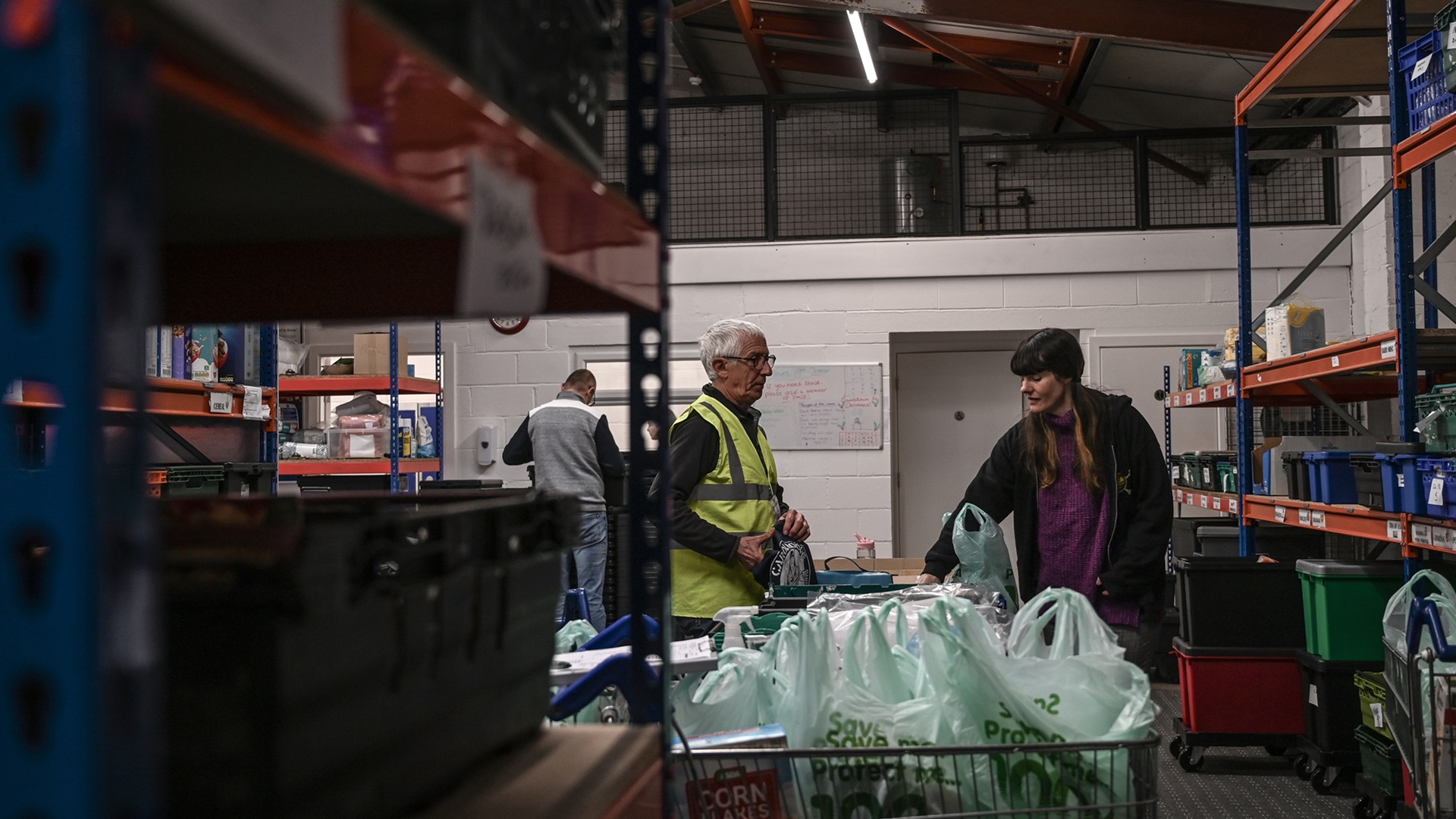Following the Spring Budget announcement of a six-month extension for the household support fund (HSF), the feeling of relief was short-lived amongst anti-poverty campaigners. Yes, the chancellor had ‘listened’ to the Joseph Rowntree Foundation and the Trussell Trust amongst a legion of other anti-poverty organisations, MPs, and English local authorities just as time was running out. But the outcome of his engagement stopped far short of what is needed. This time-limited funding pot, however vital, is ultimately a drop in the ocean when it comes to the UK’s poverty crisis.
IFAN’s latest data collated from independent food banks operating across the UK certainly makes a compelling case for decisive action to increase people’s incomes while reducing the pressure on frontline teams. The rise in need for food banks is unprecedented year after year. Yet again, IFAN food banks are warning that they do not necessarily have the capacity to cope with more households requiring support. Food bank managers have made clear that financial resources are running dry, volunteers are unable to cope with constant pressure, and depleted donations and surplus food supplies are reducing the size of parcels they can provide.
Food banks told us that people have been driven into poverty, severe food insecurity, and destitution through the inadequacy of social security payments and wages as well as insecure work, universal credit waiting times, sanctions, the benefit cap, the two-child limit, benefit deductions, no recourse to public funds, disability-related costs, and housing problems. And this data represents only a small fraction of the story, most households reporting severe food insecurity don’t access food banks.
The HSF was introduced in October 2021 as a temporary measure to boost local authority support for low-income households struggling with cost-of-living pressures. It’s no coincidence that this funding was introduced just as the £20 uplift to universal credit was removed. According to Department for Work and Pensions (DWP) data, levels of severe and moderate food insecurity reduced by 16% in households on universal credit as a result of this ‘cash first’ intervention. What if the uplift had stayed in place? What if the £20 weekly increase had been extended to claimants on legacy benefits? Would the HSF still have been needed?
The answer is a resounding yes. That’s because the HSF was not, in fact, boosting low-income households because of a cost of living crisis as presented by the government. The reality is that the HSF was propping up an inadequate social security system. The discretionary social fund (DSF), abandoned in 2013, had been in place to provide crisis support – to help people with unexpected crises not to fill gaps left by inadequate social security payments.
As the pandemic started, only a handful of local authorities ran local welfare assistance schemes. Maintaining a local equivalent of the DSF in each area should arguably have been a statutory requirement. The result of austerity measures has been the erosion of our safety net both in terms of the adequacy of social security payments as well as the fundamental provision of crisis support. The myth that’s been perpetuated that the HSF is intended to support people through the cost of living crisis has concealed the fact that a well-functioning social security system historically includes crisis support provided by individual local authorities.









